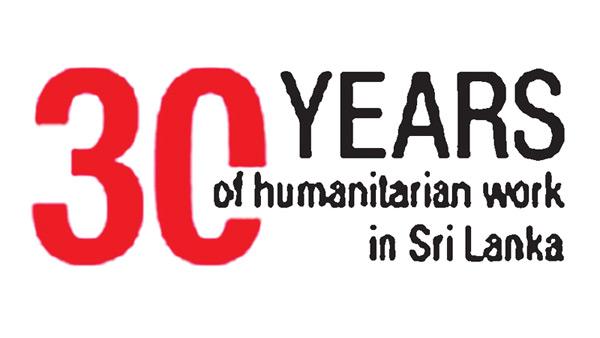
Everyday millions of people are affected by armed conflict in countless locations around the world. Due to the brutality of war, many lose their lives and their loved ones, along with their hopes for the future. The news is often filled with reports of hospitals and places of worship being bombarded, children being used to fight wars, and people losing their homes and their livelihood. This makes us wonder- do wars have any limits at all? Are States and armed groups allowed to fight wars as they please, without regard for humanity? The answer is no: wars do have limits!Limits prescribed by laws agreed to between nations. This is known as the International Humanitarian Law, which requires warring parties to refrain from certain acts and to protect humanity during armed conflicts.
The Geneva Conventions of 1949 (GCs) are commonly accepted as the bedrock of these rules. Adopted in response to the dreadful experiences of the second world war, and as the result of an initiative led by the International Red Cross and the Red Crescent Movement, their purpose is to protect the victims of war and thus preserve the core of our common humanity in the worst of times. Each of the four GCs stipulates rules that require warring parties to treat victims of war, such as wounded and sick members of the armed forces, prisoners of war and civilians with dignity and respect without discrimination. Access to basic needs such as healthcare and food, prohibition against murder, torture, sexual assault and other forms of ill-treatment, prohibition against forcible transfers are few examples of the protections accorded to the victims of war. The States Parties undertake not only to respect and follow the rules set by the conventions but also to ensure respect for them in all circumstances.
The GCs have achieved universal ratification, which means that all the States in the world are parties to and are bound by their provisions. As we mark the 70th anniversary of their adoption, we recognise that they have been a beacon of hope for millions of victims of war. Each time a wounded person is allowed through a checkpoint, a child receives necessary food, a detainee can send a message to his or her family, or a hospital continues to operate on a front line, it is illustrious of respect for the GCs. Non-compliance by one party to a conflict of the provisions of the GCs do not justify or permit retaliatory action by the other party. Without the protective regime established by the GCs, present-day conflicts would have produced unthinkable humanitarian consequences.
The GCs also provide the legal basis for humanitarian organisations to assist the victims during conflict. The International Committee of the Red Cross (ICRC), for instance, is mandated by the very text of the GCs to assist war victims. As a result, everyday, thousands of victims in Syria, Afghanistan, South Sudan, Nigeria and many other locations receive humanitarian aid from the ICRC and the National Red Cross and Red Crescent societies. During the past armed conflict in Sri Lanka, the GCs rules protected the victims, by providing the framework for no fire zones,visits to detainees by their families and humanitarian actors, exchange of prisoners, makeshift hospitals at the front lines and much more.
Once an armed conflict comes to an end, the GCs continue to protect the interests of those who suffer as a direct consequence of war. For instance,the families of the missing members of the armed forces and civilians have a right to know the fate of their loved ones. The GCs would also govern the treatment of prisoners of war and detainees, until they are released.
The GCs are not a mere set of rules without consequences. Serious violations of the GCs, which are referred to as grave breaches are considered as crimes under International Law. States are bound to criminalise the grave breaches within their countries and to punish the violators appropriately. Having ratified the Geneva Conventions in 1959, Sri Lanka enacted the Geneva Conventions Act No 4 of 2006 to give effect to the obligations under the Conventions. According to the Act, grave breaches are non bailable offences for which arrests can be made without a warrant.
The ICRC delegation in Sri Lanka will be marking this historical moment with a day-long event on September 10,2019 at the Hotel Galadari, organised in collaboration with the national authorities and the Embassy of Switzerland, which is the depository country of the GCs. The planned discussions would be a platform for ministries, members of the armed forces, academics, graduate and undergraduate students to discuss the continued relevance of the GCs and to deliberate on the challenges posed to their implementation in the worst of times.
Courtesy- ICRC
